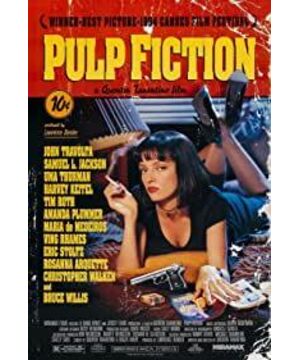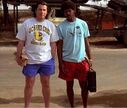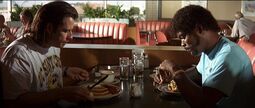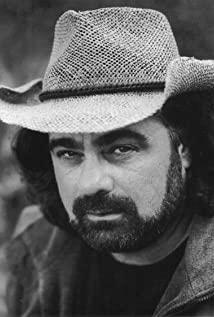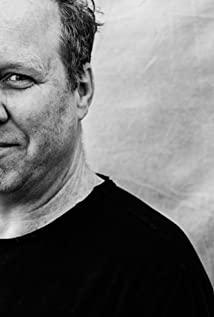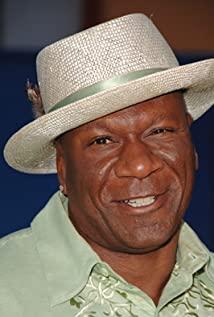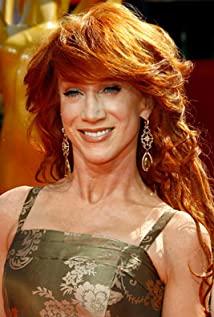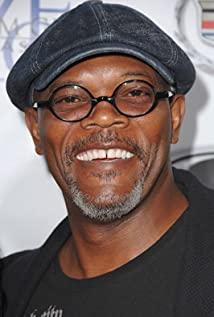"——For example, gangster movies are usually a critique of American capitalism. They are usually tools to explore the myth of rebellion, and they are often especially in times of social collapse. Popular. The protagonists of the movie are mostly short men playing unscrupulous businessmen. The process of obtaining power is a mockery of the myth of the Roman poet Horatio Aijie. In the age of jazz, like "Underworld" (1927). Gangster movies will deal with the violence and charming charm of the Prohibition era from a non-political perspective. But in the early hard times of the "economic panic" in the 1930s, this genre was subversive in terms of meaning and form. Like "Little Movies like Caesar (1930) reflect America’s confidence in authority and social mechanism. At the end of the economic panic, gangster movies like “Dead Road” (1937) expressed expectations for reform, believing that crime is broken family , Lack of opportunity and the result of poor life. Gang movies traditionally do not know how to deal with women, but in the 1940s, such as "White Fever" (1949), the protagonist of the movie is a complete sexual psychosis. In the 1950s, because the "Senate Crime Investigation Team" was heavily exposed in the media, gangster movies such as "Phoenix Story" (1955) were like reports on criminal organizations. Coppola's "The Godfather" (1972) and "The Godfather 2" (1974) summarized this type of history, using three generations of characters to reflect the emotional and intellectual deception of the Vietnam War and the paralyzed mind after the Watergate incident. Leoni also used the fable-like title "Once Upon a Time in America" ( 1984), a ritual mythological depiction of the structure of the rise and fall of this type of tradition. Quentin Tarantino’s Pulp Fiction (1994) is a clever repetition of genres in a way that imitates traditions. .... "
Movies are not that simple. The difference in cultural background is a gap. How can Tang poems with rich rhyme and artistic conception be translated into English? How the Europeans and Americans interpret the classic bridge break of "Crazy Stone" is a difficult problem.
Divorced from the cultural background, what we can see is only minor things. What Chinese audiences have the deepest experience of "Once Upon a Time in America" is that life is impermanent and the past is like a smoke. Western audiences are more aware of the decline of the traditional boss role, which triggers more changes. A lot of emotional resonance.
In the age of Quentin, all the gangster films should have been said, and even the concluding submissions have been made by others. How to mark new ones? "Pulp Fiction" is intended to be ironic. In the first story, Vincent is the protector of Mia. The two played a very wonderful emotional rivalry. However, in the "Boxer's Story", Vincent becomes a man. An unknown person who was shot as soon as he showed up. The boss is a horrible and admirable character like a godfather. In the latter story, he was accidentally knocked over and then raped by sodomy. Save face and reach a secret agreement with others. In the first play of the black Julius, he was a hooligan who did not blink his eyes. In the end, he became a noble savior. Impressions). I thought that the man and woman who robbed the restaurant were born male and female murderers, but in the end the woman was scared to pee her pants. The application of various other movie techniques is more of a side dish in this film, making this visual feast look richer. For the great director, Quentin, such skills as the coordination of music, the psychological hints of the movements, etc., are even more handy. , But there are other things like gold, iron and copper). Understand this, this movie has become alive and agile, so that it will not be misunderstood over and over again (for example, the ring structure implies an endless cycle of violence, which I personally think is a popular misunderstanding of wishful thinking). Why did the movie take this name? , The natural water came to the bottom.
When the movie ended with "Boom, Boom, Boom..." the strong and cheerful rhythm sounded again, and I started laughing and applauded Quentin.
View more about Pulp Fiction reviews


